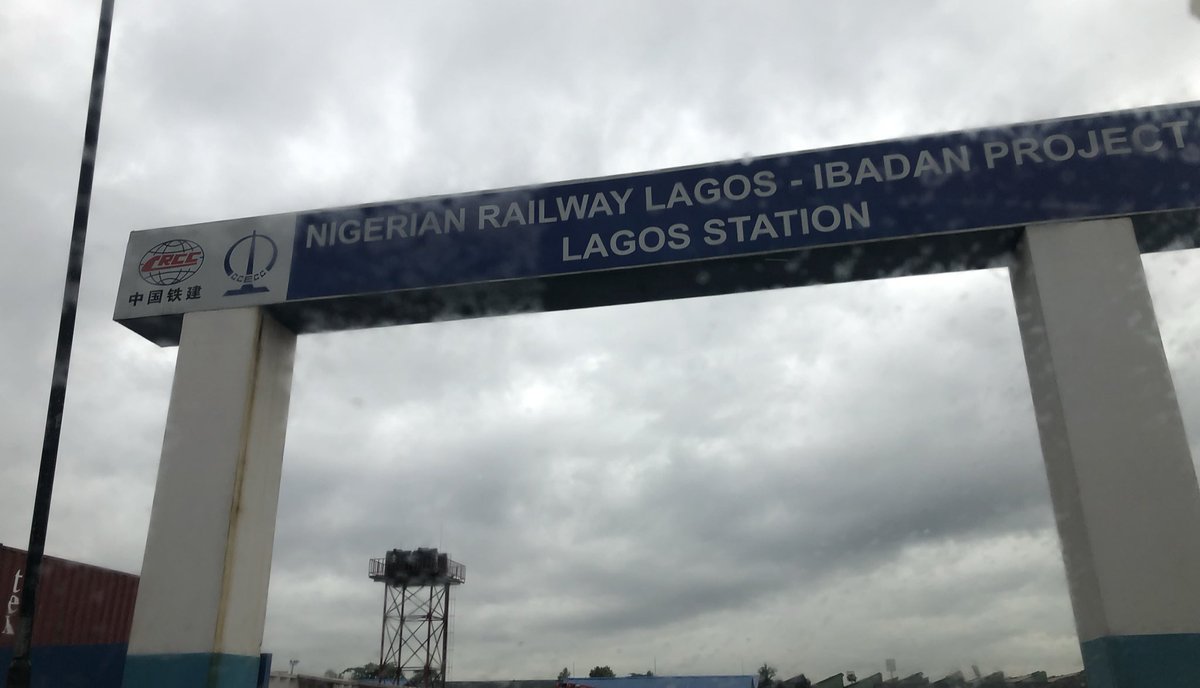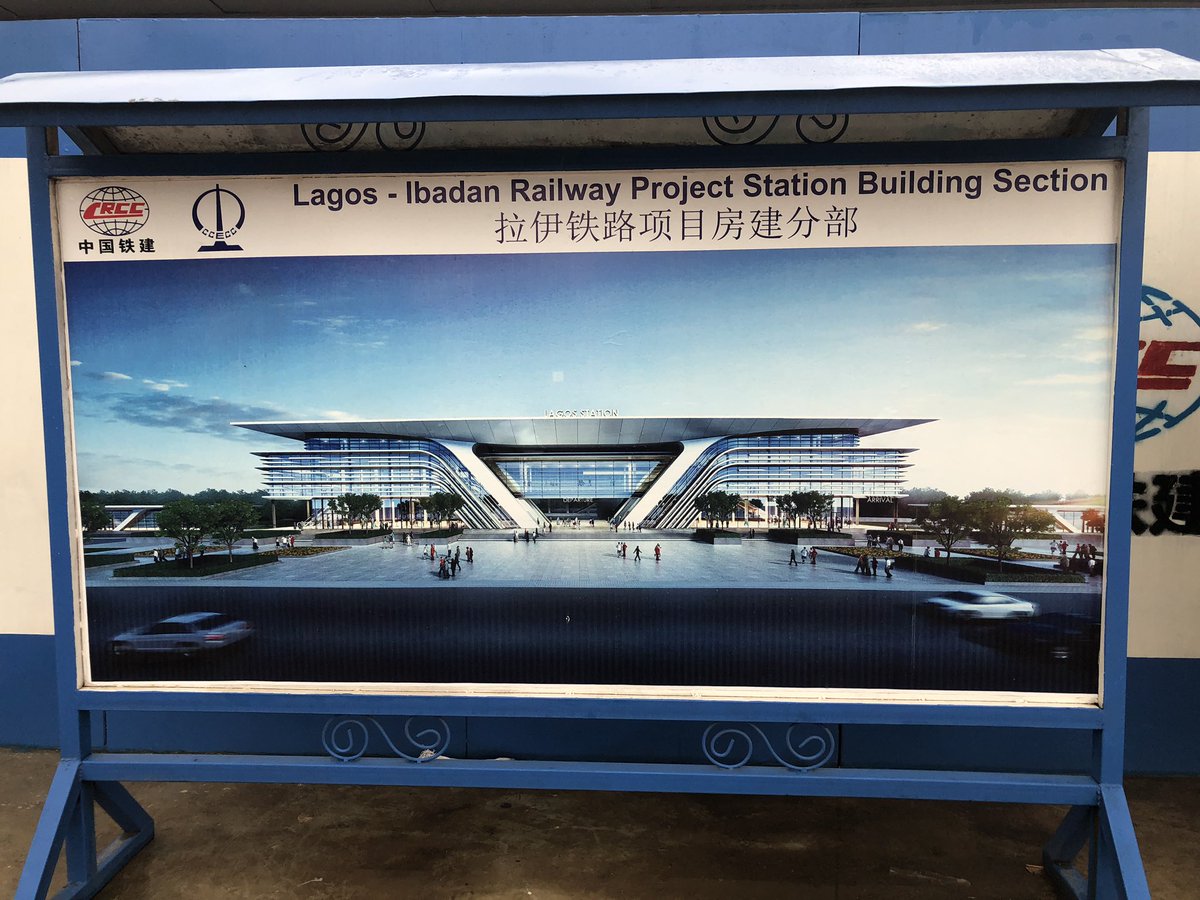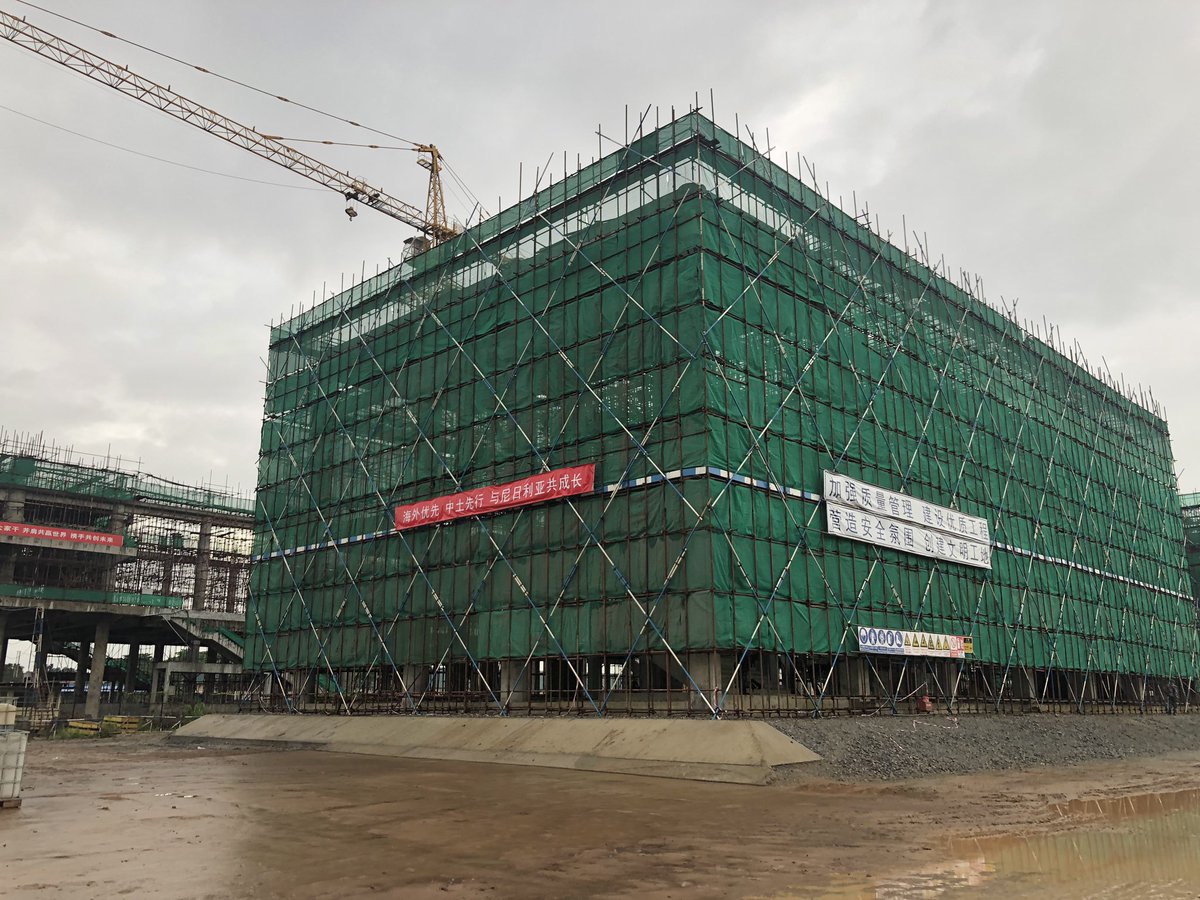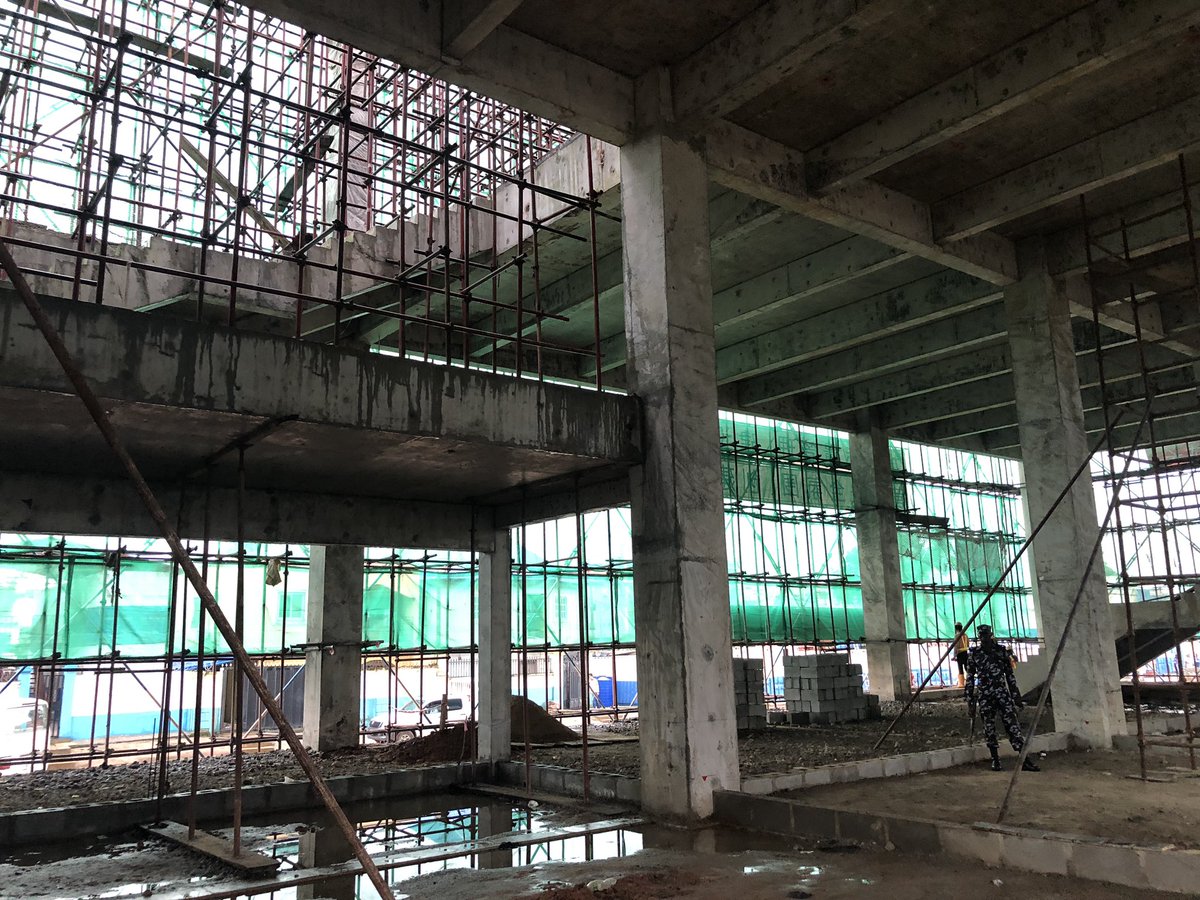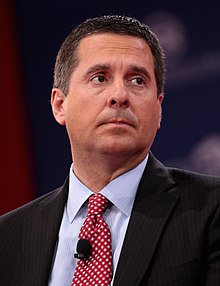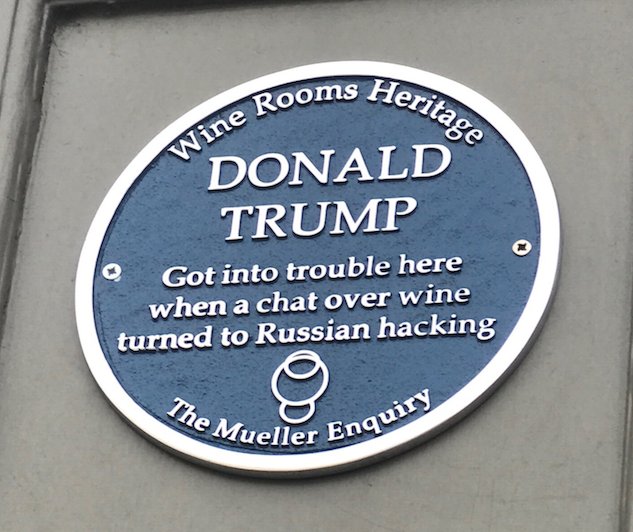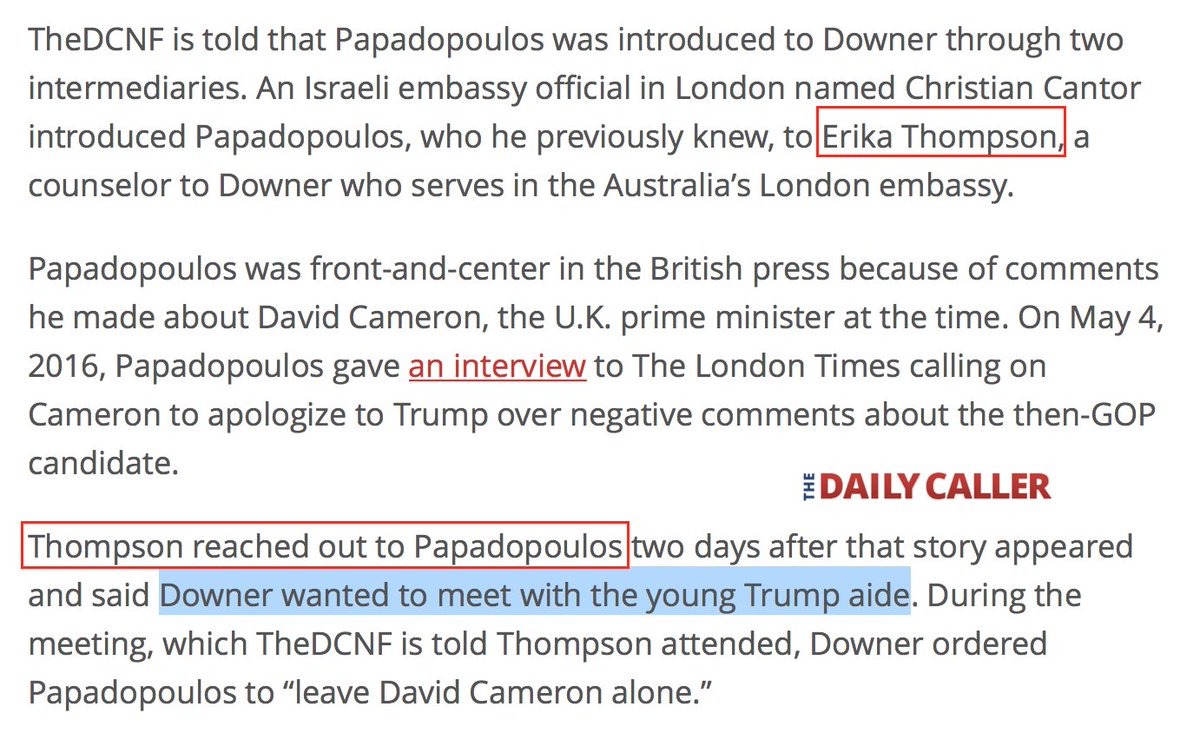Car is one of the fastest moving import commodities in Nigeria & that's not changing anytime soon. Import a Corolla today, any year (from 2005), upload on Jiji, IG, Nairaland, etc, & you'd see.
A thread.
1. Shipping Method
2. The condition of the car
3. The model number & year of manufacture
4. The formular
1. Shipping Method: There are 3 main types.
a) RORO (Roll on, Roll Out) - Here, your car is driven into the ship at the port...
b) Container Shipping Method - Here, the car is loaded into containers. This is adviced mostly where the car is used. A 40ft contain can take upto 4 or 5 sedans. The 20ft container takes upto 2 or 3 sedans...
c) Aircraft Carrier Method - This is for the big boys. Often used when the car is expensive & needs to be ...
PS: The shipping method will determine charges like terminal landing charges, destination shipping invoice & its customs valuation cost.
This is one of the major factors that determine the cost of the clearance in Nigeria. The Harmonized Systems (HS) Code % of each car type is determined whether the car is new or used.
The HS code for imported cars starts from...
Import Duty – 35% of CIF
Levy - 35% of CIF
Port Surcharge – 7% of Import Duty
ELTS - 0.5% of CIF
CISS - 1% of CIF
VAT - 5%
Import Duty – 35% of CIF
Port Surcharge – 7% of Import Duty
ELTS - 0.5% of CIF
CISS - 1% of CIF
VAT - 5%
Any car manufacture year ie. more than 15yrs can't be imported. Each model number alongside the year of manufacture attracts Customs CIF benchmark. As an importer, you'd need to discuss your cars shipping with both freight forwarding...
Formular:
1. Import Duty – 35% of CIF for each car: This is the percentage value of HS code of the product or the items.
2. Levy Duty on Products - 35% of CIF: For new car(s)
4. ELTS (ECOWAS Liberation Trade Scheme) - 0.5% of CIF: This is paid to ECOWAS Trade community.
Finally, please note that clearing is fast when you have all your documentations in place. This thread was longer than i thought, lol. Hope you learned a thing.


